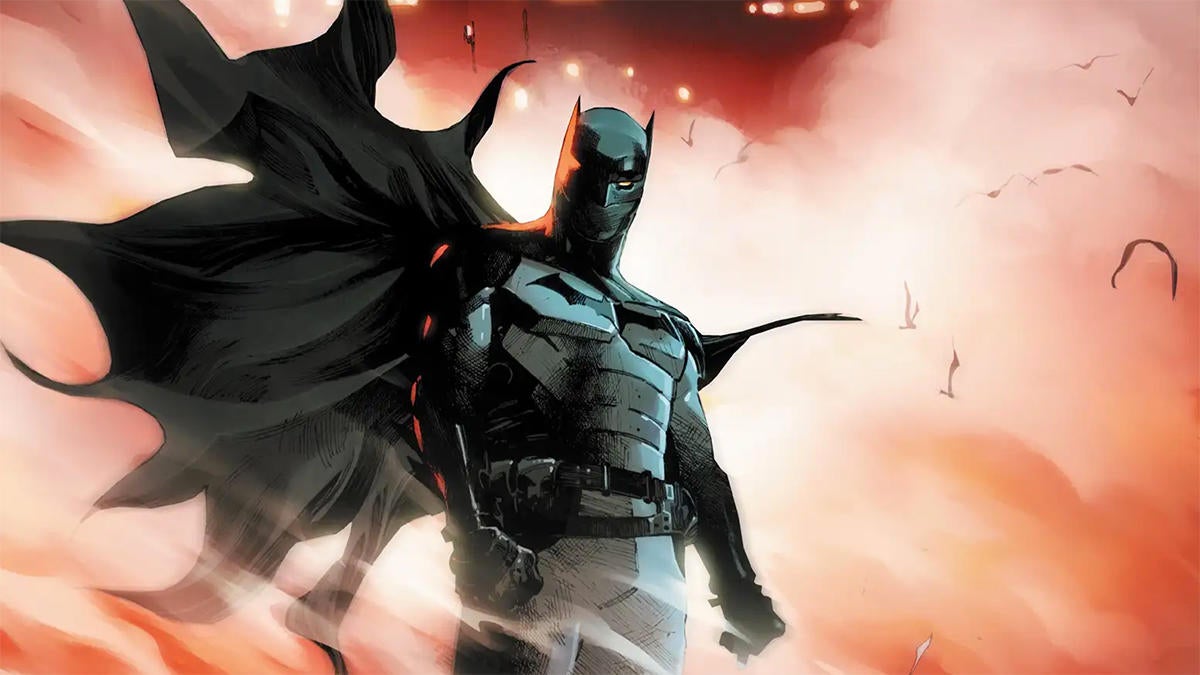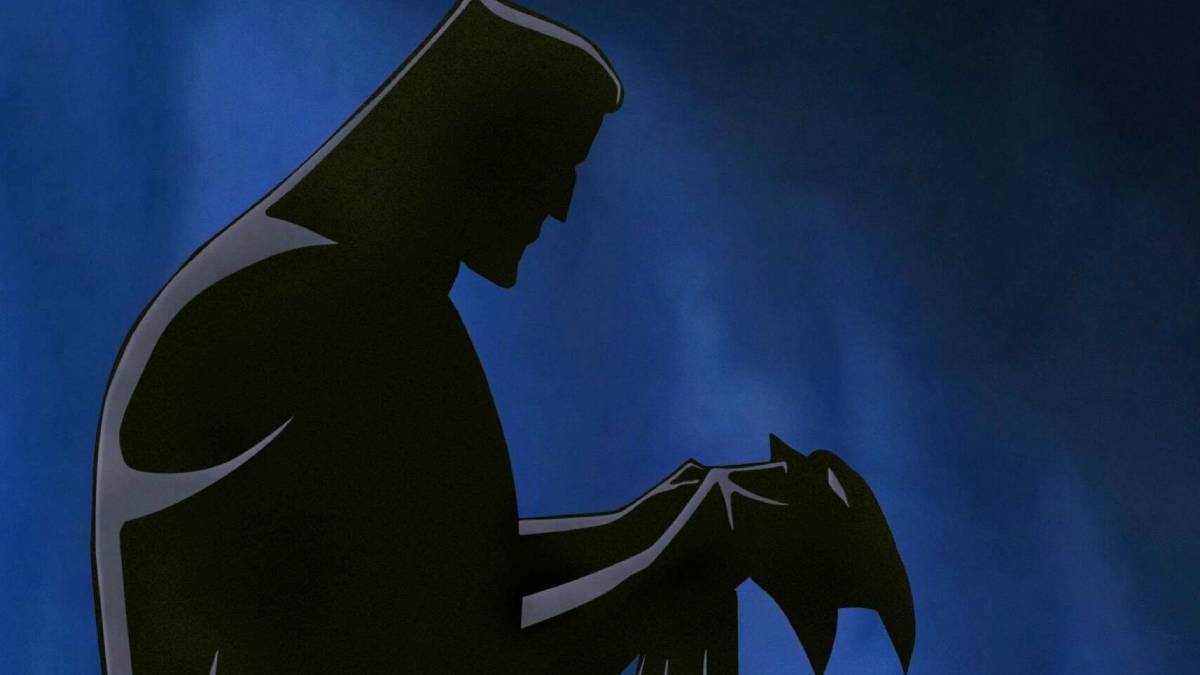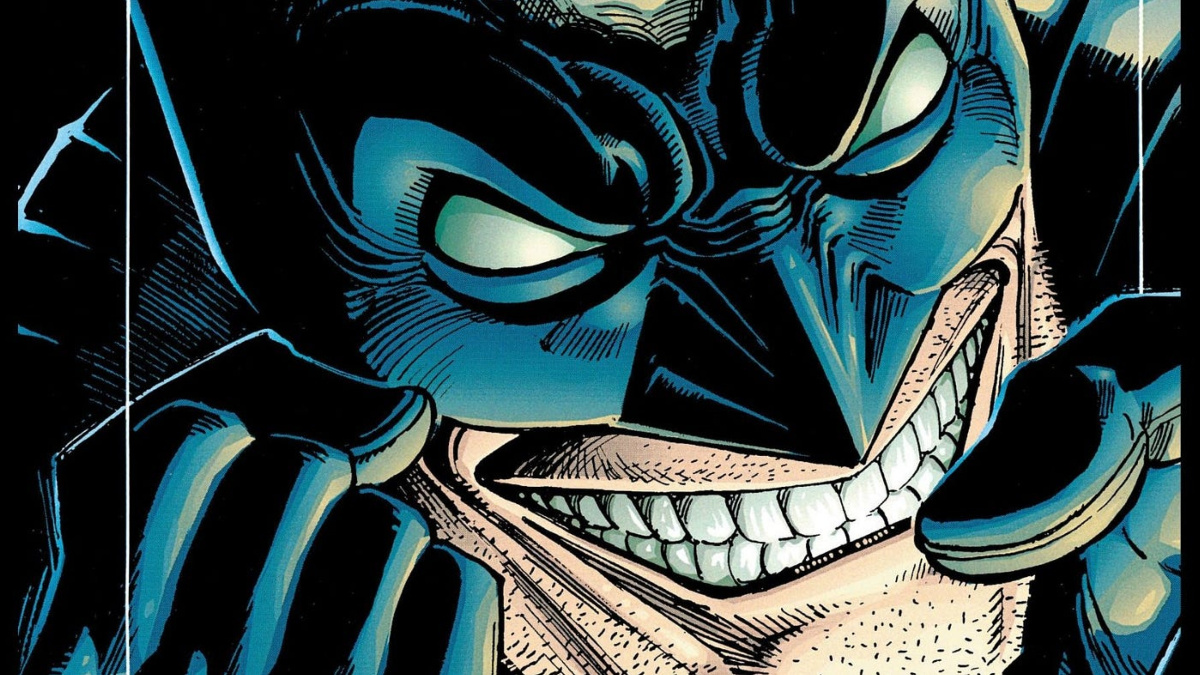
Few would argue that Batman frequently brings his adversaries to the brink of death, but what sets him apart is his reluctance to resort to fatal violence, even when confronting the most notorious villains. This isn’t due to blind adherence to legal regulations (which he often disregards in pursuit of justice), but rather a reflection of his personal ethical beliefs and professional duty. This complex aspect adds depth to one of the darkest and grittiest characters in the DC Universe, and it’s a principle he adheres to with remarkable steadfastness.
Batman’s steadfast dedication to non-violent justice makes him susceptible to manipulation and exploitation, as evidenced by the fact that a ruthless criminal like the Joker might take advantage of Batman’s commitment to not killing. In other words, the Joker could intentionally commit crimes knowing that Batman would capture him but only punish him with beatings, more prison time, and additional opportunities for escape. This unique form of pacifism is quite puzzling when considering Gotham City’s infamous reputation as a haven for some of DC Comics’ most dangerous criminals. Despite all the precautions Batman takes, his “No-Killing” Rule imposes a self-imposed restriction that undermines his effectiveness as an intelligent crime fighter.
Batman Voluntarily Gives up a Key Element of What Makes Him a Threat

Batman’s unwavering adherence to the “No Killing” rule is deeply rooted, not a hasty decision made impulsively. Much like other facets of Batman’s personality, this principle traces back to a profound analysis of a life-altering event – the brutal murder of his parents. The event that shaped him most was witnessing the chilling assassination of his own parents. The agony and distress he experienced from directly observing such a gruesome act left an indelible mark on him. He came to view taking another person’s life as the most heinous act one could commit – an action that was simply not worth considering.
Batman’s commitment to not killing, though rooted in the tragedy of his parents’ death, is influenced by more than just that event. Darwyn Cooke’s Batman: Ego and Other Tails proposes that a crucial aspect of Batman’s “No Killing” Rule also originates from Bruce Wayne’s exceptional self-understanding. This self-awareness, ironically linked to the same traumatic incident, is portrayed as the source of an intense, smoldering rage within Bruce, which remains hidden beneath his calm facade.
As a devoted fan, I can’t help but ponder over why Batman frequently appears as a somber character. This brooding intensity could be rooted in an inner turmoil that I sometimes feel mirrors my own fervor for justice. Yet, I understand that if I were to yield to this anger and resort to taking lives, it would unleash a darkness so profound, even the most wretched of villains would pale in comparison. In essence, I fear that I might transform into the very nemesis I’ve sworn to destroy.
Batman’s No Killing Rule Stops Him From Being His Best

Although it’s hard to dispute Batman’s motives for upholding a “No Killing” Policy, the idea itself raises some issues. It presupposes the availability of an effective criminal justice system that can either imprison criminals tightly or reform them successfully. In these scenarios, the supervillains would not only serve their debt to society but also stop posing a persistent danger to the community.
I’m afraid the criminal justice system in Gotham City is more of a joke when dealing with criminals like the Joker, Scarecrow, or the Penguin. They don’t seem to be intimidated by it, and unlike regular citizens, they don’t seem to care about being arrested or imprisoned. Moreover, there are crimes so vile that no prison term can ever truly compensate for the harm done or offer solace to victims and their loved ones.
In the comic book series ‘Batman: Death in the Family’ – Volume 3 by Scott Snyder and Greg Capullo, the Joker’s heinous act of skinning five innocents to taunt Batman, and Scarecrow’s repeated terrorizing of Gotham with his fear toxin, demonstrate scenarios where the public might feel justice requires more than simply imprisoning these villains. Although Batman’s “No Killing” Rule is generally reasonable, especially considering its origins, it may not always apply in every situation. Adhering too strictly to this rule could potentially put both Batman and, more importantly, countless innocent civilians at risk.
Ultimately, Batman’s No Killing Rule Does More Harm Than Good

In essence, Batman’s “No Killing” principle functions as a self-imposed moral compass, ensuring he stays true to his pledge against evil. However, there may arise instances where flexibility or adjustments in this rule might be necessary or even appropriate. The real dilemma lies in determining who could potentially merit an exception to this rule.
Absolutely, just as exceptions to capital punishment in reality should be limited to the most heinous and unredeemable offenders, so too should this principle apply to the fictional villains like Two-Face, the Riddler, Ra’s al Ghul, and Bane. With the “No Killing” rule, these particularly dangerous criminals have proliferated significantly. If Batman were to break his rule in order to neutralize them when they launch another attack, it could potentially save countless innocent lives that would otherwise be at risk from their actions. Moreover, by showing that such extreme measures are necessary to stop these villains, Batman may inspire changes in the justice system, ultimately helping him adhere more closely to his ethical principles over time.
Instead of guiding him towards a more sinister destiny, eradicating the wicked antagonists who have inflicted unimaginable pain and torment upon him might bring him some comfort – perhaps enough to help him conquer the sorrow he’s held since his parents’ demise. In this scenario, instead of transforming into a darker Batman, he could emerge as a more serene version. If this is the outcome, it’s unlikely that society or his comrades would view his actions in defying the “No Killing” Rule as fundamentally immoral or dishonorable.
Read More
2025-04-28 22:12